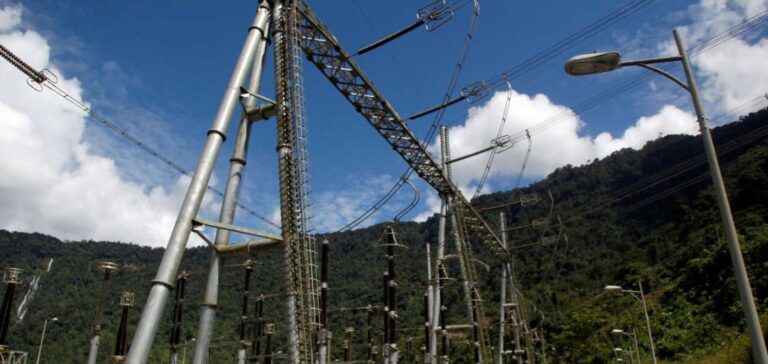Roberto Luque, Ecuador’s Minister of Energy, revealed at a press conference that power cuts cost around $12 million an hour, totaling $72 million a day. This situation has a considerable financial impact on Ecuador, exacerbated by historically low water levels in reservoirs since March. The recent reduction in outages to six hours a day due to precipitation seems to provide a slight respite.
Government responses and emergency measures
In response to the crisis, President Daniel Noboa ordered two days off to save electricity. Power was restored to normal for a crucial referendum. The government recognizes that energy deficits are the result of unfavorable environmental conditions and malpractice in the electricity sector.
Critical conditions for reservoirs and power plants
The Mazar and Paute reservoirs, as well as the Coca Codo Sinclair hydroelectric plant, are in critical condition. The latter, which supplies 30% of the country’s electricity, is operating at 40% of its normal capacity due to a 60% deficit in its normal flow.
Regional and international complications
The situation has been exacerbated by Colombia’s decision to halt energy exports to Ecuador, which has also been hit by severe drought. This underlines Ecuador’s vulnerability to regional energy problems and highlights the challenges posed by the El Niño climate phenomenon.
The huge losses due to the hydroelectric deficit in Ecuador underline the urgent need for sustainable solutions. Efforts to stabilize the power grid are crucial to the country’s economic and environmental resilience.






















